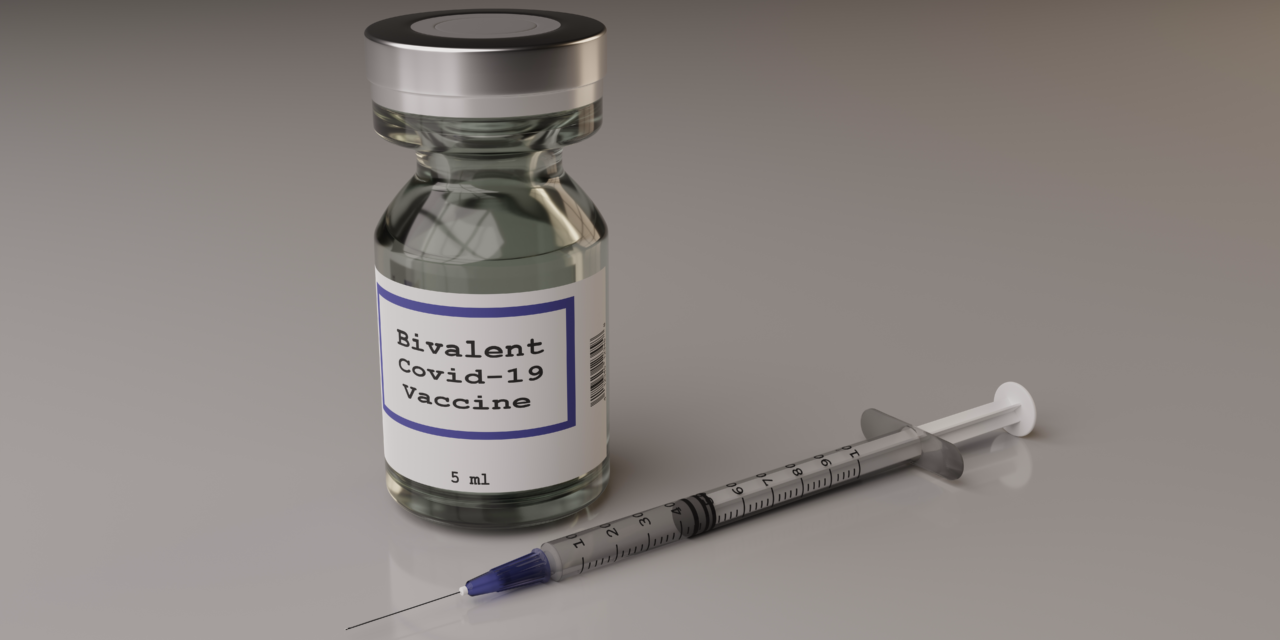By Annette Pinder
Senior clinical writer for Yale Medicine, Kathy Katella, recently pointed out in an article that although people aren’t talking much about COVID-19 anymore, it remains a threat to the more than 53 million U.S. adults ages 65 and older, and 7 million individuals with weakened immune systems. It is also why the FDA and CDC are offering an additional Pfizer-BioNTech or Moderna bivalent booster shot.
Scott Roberts, MD, Yale infectious disease specialist, points out that most of the 1.1 million deaths from COVID-19 in the U.S. were largely among those aged 50 and older. Despite this, only 42.4% of adults aged 65 and older, and 16.7% of all eligible adults in the U.S., have gotten the first bivalent shot. The CDC is expected to offer a reformulated booster for expanded age groups in the fall when the flu shot becomes available. However, anyone ages 6 years and older who has received an updated (bivalent) mRNA COVID-19 vaccine should get one now.
People aged 65 or older and individuals who are immunocompromised who received their previous bivalent booster at least four months ago should think about getting another, according to Roberts. He also says people in this age group can get another booster if they are two months away from their last shot and moderately or severely immunocompromised. This includes organ transplant recipients, individuals taking immunosuppressive medications or treatments (such as chemotherapy), medications that weaken their immune system over time (such as corticosteroids), or who have a weakened immune system due to a medical condition (such as cancer). Anyone seeking an additional booster will not be asked for documentation to prove their eligibility or the location they receive one.
Roberts explains that older or immunocompromised people are more vulnerable to severe disease, hospitalization, and death from COVID-19. This is a growing concern since the bivalent boosters offered last fall are showing a decline in effectiveness. Roberts emphasizes that older people’s bodies also mount a less robust immune response to COVID-19 even if they are vaccinated. “This is true with many types of vaccines, and it’s also true of viruses, such as respiratory syncytial virus infection [RSV] and influenza. It makes age one of the greatest risk factors for a negative outcome, in terms of infectious diseases, such as COVID,” says Roberts.
If you have never received a vaccine, the CDC recommends the Pfizer-BioNTech, Moderna, or Novavax vaccines. Although there is not yet a specific vaccine for the Omicron strain XBB.1.5, scientists found the current bivalent booster to be effective against symptomatic infection for the first three months after vaccination. “Most data support the boosters as being effective and boosting the immune response against the current variants,” says Roberts.
Most pharmacies continue to offer vaccines. To find a location near you and schedule an appointment, call your local pharmacy, visit www.Vaccines.gov or call 1-800-232-0233. Learn more at www.yalemedicine.org/news/should-you-get-a-covid-19-bivalent-booster.












